Fear…we hear about it or we experience daily in one way or another. Either we fear something ourselves or there is something that has a fear of us. When we talk about leaders of any sort, it’s the same. There is either an internal fear, fear from others or both.
Some of the most renown leaders operated based on causing others to fear them. Napoleon Bonaparte thrived on the fear that others had of him and for him it drove military success. We speak about his successes, but it’s never a warm and fuzzy conversation. Steve Jobs, while maybe not intentionally building a culture of fear, was said to be someone that many employees feared. But, one thing that many people don’t consider is that leaders themselves have their own fears.
What Are Leaders Afraid Of?
I recently sent out a survey to business leaders and one of the questions asked about their greatest challenges and fears. The greatest challenges listed were communication and negative thoughts. While many leaders may not be excellent communicators, they are often expected to be. And by communicator, I don’t mean a great orator. I simply mean able to share ideas, visions, plans and strategies in a way that is generally understandable by the team of people to whom they are connected.

Negative thoughts are something that we all face at some point and yet, because of their position and maybe how they carry themselves, this is not thought to be a challenge of leaders.
Leaders fail. Leaders get nervous that they are going to fail. Leaders wonder if they are being listened to. They wonder if they are going to be blamed. In sports, if the team doesn’t do well, the manager or head coach gets fired. The team could simply decide that they are not going to play, or they may simply not be talented enough or equipped to win within the time frame given. Yet, the buck stops with the visible leader. So, for many, they operate with this fear. Yet, many attempt to suppress it and live above it.
Turning Fear To Trust
The paradox here is that admitting that fear and that you have fears shows the vulnerability that leads to trust. I’m not talking about playing the victim role. I’m talking about admitting that you have kinks in your armor and still showing the courage to move forward. Being able to admit that you don’t have the answers, while starting essential conversations with your team…maybe it’s THE essential conversation, is a seed for trust-building.
I’ve written previously that relationship is the most important word in the world. And one of the great ways to build relationship is admitting that you are not above it all. You see and have many of the same perspectives, thoughts and fears.
In my own growth as a leader, I’ve struggled with thoughts of wondering whether or not I was being listened to, wondering if my communication was so complex that it was ineffective, wondering if I was placing my energies in the right place. But, I’m learning that people listen when they know that YOU will. They trust when they know that you won’t judge them for being imperfect because you’ve let them know you’re not perfect either.
What do you think? What is another great way to build trust?
**If you want to add to the survey, CLICK HERE TO TAKE IT. It’ll take 90 seconds or less.**


